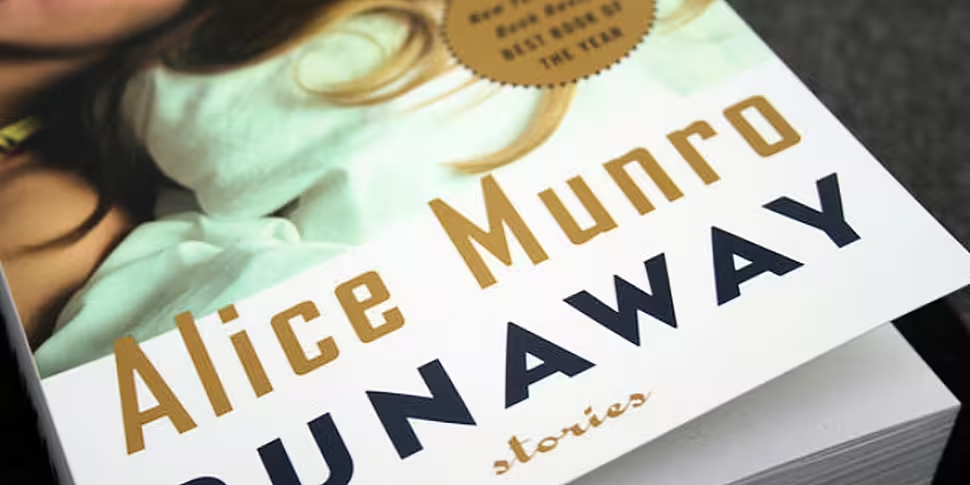Hard luck once again, Haruki Murakami: despite the Japanese writer having emerged as a favourite this year (as has been the case for several years running), Alice Munro has instead become the 2013 recipient for the Nobel Prize in Literature.
The Nobel balloting and decision-making processes are wrapped in secrecy, but Munro had been deemed by bookmakers to be the second favourite to walk away with the prize as of yesterday evening.
Munro's work has many unique features. Unlike most prominent authors, the 82-year-old writer has worked predominantly on short stories as opposed to longer-form fiction. She has released over a dozen short story collections, most recently 2012's Dear Life.
There has been some debate over whether said collections can be defined as novels. Alex Keegan has argued "in most Munro stories there is as much as in many novels... Munro creates novels within short-stories... novels across her short-stories... novels built from single collections of stories... and most importantly, her one large novel, all her stories combined, a life-time's work, a life".
In terms of writing, her books are very often set in her native Southern Ontario. She has been praised for her consistently strong and interesting female characters.
As well as the medal and diploma recognising her achievement, Munro will receive a prize fund of 8,000,000 Swedish kronor - or somewhere in the region of €900,000. Previous Nobel Literature winners include J.M. Coetzee, Harold Pinter and last year's winner Mo Yan.
(Image: Matthew Allard via Flickr, Creative Commons 2.0)









